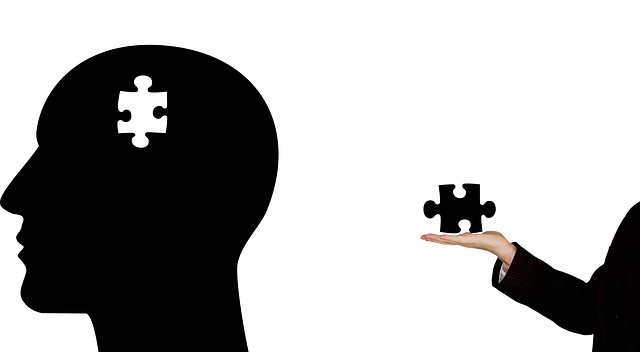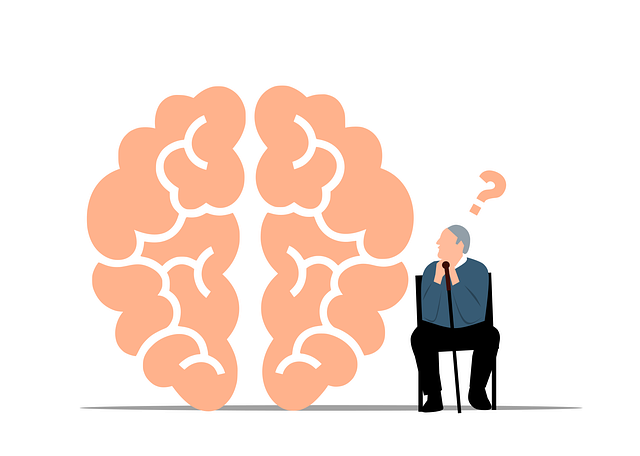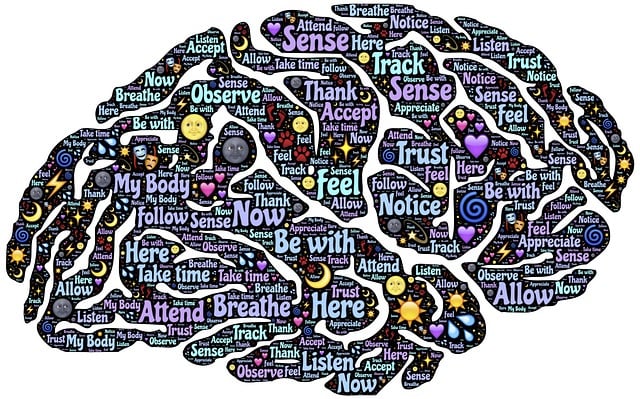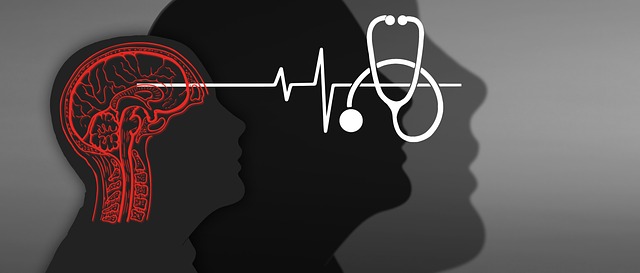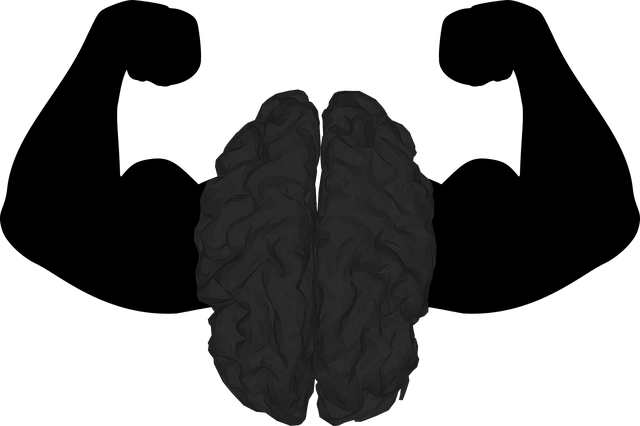Mood regulation is crucial for adults recovering from alcohol abuse, as it breaks the cycle of using alcohol to cope with emotional distress. Through various therapies, such as Cognitive Behavioral Therapy (CBT), mindfulness and meditation, psychodynamic therapy, and group therapy, individuals learn effective stress management, communication skills, and crisis intervention techniques. These strategies empower them to handle emotions without alcohol, foster healthier relationships, and enhance overall mental well-being, leading to sustained sobriety and improved quality of life. Evidence-based practices like exercise, mindfulness, and professional therapy, coupled with supportive networks, play a vital role in managing alcohol-related emotional challenges.
Mood regulation strategies are crucial in managing alcohol abuse, as emotional well-being plays a significant role in addiction recovery. This comprehensive guide explores various therapeutic approaches tailored for adults struggling with alcohol dependence. From cognitive-behavioral therapy (CBT) to mindfulness practices and dynamic therapies, we delve into effective methods to understand and control mood swings. Additionally, we emphasize the importance of lifestyle changes and support systems, offering a holistic path to sustained emotional balance and improved mental health in those seeking recovery from alcohol abuse.
- Understanding Mood Regulation and Its Link to Alcohol Abuse
- Cognitive-Behavioral Therapy (CBT): A Powerful Tool for Adults with Alcohol Addiction
- Mindfulness and Meditation Techniques to Manage Moods
- Exploring Other Therapeutic Approaches: From Psychodynamics to Group Therapy
- Lifestyle Changes and Support Systems for Sustained Mood Regulation
Understanding Mood Regulation and Its Link to Alcohol Abuse

Mood regulation involves managing and maintaining emotional states, which is a vital aspect of overall well-being. For individuals struggling with adult alcohol abuse, understanding and mastering mood regulation strategies can be transformative. Alcohol often serves as a coping mechanism for underlying emotional distress, creating a cycle that can lead to escalating problems. By learning effective mood regulation techniques, such as stress management, communication strategies, and crisis intervention guidance, adults in recovery can gain better control over their emotions and prevent relapse.
These strategies empower individuals to navigate stressful situations without relying on alcohol, foster healthier communication patterns, and develop crisis intervention skills. Therapy for adults with alcohol abuse plays a crucial role in teaching these techniques, offering a path towards sustained sobriety and improved mental health. Effective mood regulation isn’t just about managing symptoms; it’s about cultivating resilience and a deeper understanding of one’s emotions, ultimately enhancing the quality of life.
Cognitive-Behavioral Therapy (CBT): A Powerful Tool for Adults with Alcohol Addiction

Cognitive Behavioral Therapy (CBT) has emerged as a powerful tool for adults struggling with alcohol addiction. This therapeutic approach focuses on identifying and changing negative thought patterns and behaviors that contribute to excessive drinking. By helping individuals understand the connection between their thoughts, feelings, and actions, CBT empowers them to make healthier choices regarding alcohol consumption.
Through structured sessions, CBT teaches effective conflict resolution techniques and mental health education programs design tailored to address underlying issues associated with addiction. By mastering mood management skills, adults in treatment can learn to regulate emotions without resorting to alcohol, fostering lasting recovery.
Mindfulness and Meditation Techniques to Manage Moods

Mindfulness and meditation have emerged as powerful tools for managing moods, especially for those dealing with issues like depression or struggling with alcohol abuse. These techniques, rooted in ancient practices, encourage individuals to focus on the present moment, thereby reducing the impact of negative thoughts and emotions. Through mindfulness, one learns to observe their feelings without judgment, fostering a sense of detachment from distressing sentiments.
Meditation, particularly when coupled with mind-over-matter principles, aims to calm the mind and promote positive thinking. Regular practice can help individuals develop emotional resilience, making it easier to navigate life’s challenges. For adults dealing with alcohol abuse, these therapy techniques offer a natural way to manage stress, which is often at the heart of substance misuse issues. By cultivating mindfulness, one can gain better control over their impulses, leading to healthier decisions and improved overall well-being.
Exploring Other Therapeutic Approaches: From Psychodynamics to Group Therapy

In addition to individual therapy, there are various other therapeutic approaches that can be beneficial for mood regulation and mental health, especially when it comes to addressing issues like alcohol abuse in adults. Psychodynamic therapy, for instance, delves into a person’s past experiences, unconscious motivations, and early life relationships to help them understand and overcome underlying conflicts that may be affecting their current emotional state. This type of therapy can be particularly effective in uncovering and resolving deep-seated issues that contribute to mood disorders and addictive behaviors.
Group therapy is another powerful tool in the mental health arsenal. It provides a supportive environment where individuals can share their experiences, learn from others facing similar challenges, and develop coping strategies collectively. This approach not only enhances social connections but also offers valuable perspectives and skills for managing moods, especially when combined with Compassion Cultivation Practices and Public Awareness Campaigns Development aimed at fostering understanding and support for those struggling with mental health issues, including alcohol abuse.
Lifestyle Changes and Support Systems for Sustained Mood Regulation

Lifestyle changes and robust support systems are integral to sustained mood regulation. Incorporating evidence-based practices like regular physical activity, mindfulness meditation, and therapy for adults with alcohol abuse can significantly improve emotional well-being. These strategies not only help manage stress and anxiety but also foster self-awareness exercises that promote healthier coping mechanisms.
Building strong social connections through community outreach program implementations and empathy building strategies is equally vital. Having a reliable support network provides a sense of belonging, offers perspective during challenging times, and acts as a buffer against negative emotional states. When combined with professional therapy, these lifestyle adaptations create a holistic approach to mood regulation that empowers individuals to achieve lasting stability and improved quality of life.
Mood regulation is a multifaceted process crucial for maintaining mental well-being, especially in the context of alcohol abuse. By understanding the link between mood and addiction, individuals can explore various strategies such as CBT, mindfulness practices, and therapeutic approaches like psychodynamics and group therapy to effectively manage their moods. Additionally, adopting healthy lifestyle changes and building supportive systems can significantly aid in sustained mood regulation, making it a comprehensive approach for those seeking recovery from alcohol abuse. This holistic view of treatment empowers individuals to take control of their emotional health through tailored strategies, ultimately enhancing their journey towards long-term well-being. For those grappling with alcohol addiction, these strategies offer hope and practical tools for overcoming challenges and embracing a brighter future.



